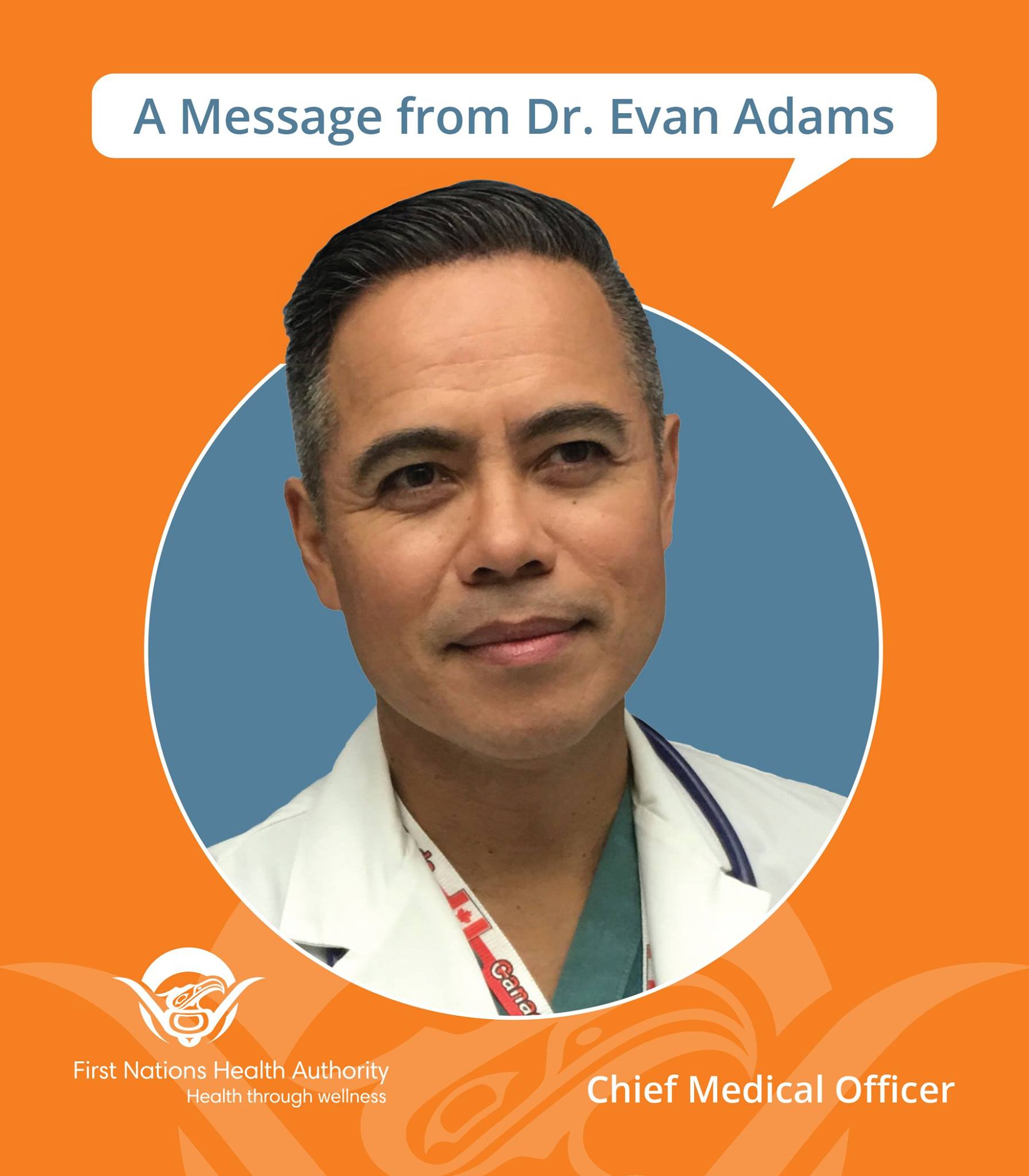 “What’s your Relationship Status?”
“What’s your Relationship Status?”
This week is national Sexual & Reproductive Health Awareness Week (Sexual Health Week), and the theme for 2016’s campaign is our relationship status – not our romantic relationships, as might be expected, but our relationships with our health care providers, if we are patients, and with our patients, if we are health care providers.
Sex is just a part of life, but many people, including First Nations people, feel shy and awkward talking about it. This is unfortunate, as a lack of good communication between patients and health care providers can have serious consequences. If patients do not discuss their lifestyles and health care needs and concerns, they may not receive proper testing, treatment or care. Health problems can go undetected until they have reached an advanced stage, when treatment options and chances for recovery have dwindled considerably. For example, if diagnosed early, HIV progression can be significantly decreased (by 96%) so that it does not result in AIDS.
In the interest of good health – and who isn’t interested in good health -- we all need to understand that sex is not something that should be stigmatized or swept under a rug. It is a vital part of people’s identities, communities, and lives. Although better communication between patients and health care providers can lead to better health, for First Nations people it’s not that straightforward. In addition to the awkwardness many people experience when talking about sexual issues with their health care providers, many First Nations people already do not feel “safe” with them, having experienced hurtful racist behaviour in the past at clinics or hospitals.
At the First Nations Health Authority, we work to ensure that our health care providers are culturally competent, i.e., are respectful to their patients / clients and treat them with the dignity they deserve. As well, many of our health care providers are First Nations, and they work to practise lateral kindness. Cultural humility and a respectful relationship between patients/clients and health care providers is what we strive for.
“Sexual & Reproductive Health Week” is a national, annual campaign led by Action Canada for Sexual Health and Rights, in partnership with the Canadian Public Health Association. Events are held across the country by community advocates and health care providers, including social media contests, free walk-in sexual health clinics, workshops, and panel discussions.
This campaign is necessary because it gets people talking about sexual and reproductive health services and could increase the use of services. It is also necessary because health care providers cannot provide comprehensive care to their patients/clients without a good understanding of the barriers – including stigma, economic, language, racism, and others. To learn more about Sexual and Reproductive Health Awareness Week, including information for health care providers and clients on how to build healthy relationships and give and receive the best care, visit
www.srhweek.ca.

